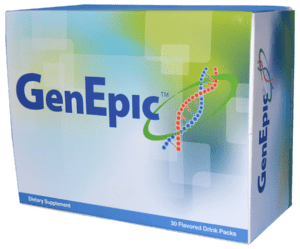
Whether patients are undergoing active therapy, recovering from therapy, or in remission and striving to avoid recurrence, the benefit of optimal caloric and nutrient intake is well documented.
The goals of nutrition therapy are to accomplish the following:
- Prevent or reverse nutrient deficiencies.
- Preserve lean body mass.
- Help patients better tolerate treatments.
- Minimize nutrition-related side effects and complications.
- Maintain strength and energy.
- Protect immune function, decreasing the risk of infection.
- Aid in recovery and healing.
- Maximize quality of life.
Patients with advanced disease can receive nutritional support even when nutrition therapy can do little for weight gain. Such support may help accomplish the following:
- Lessen side effects.
- Reduce risk of infection.
- Reduce asthenia (Abnormal physical weakness or lack of energy).
- Improve well-being.
In individuals with advanced disease, the goal of nutrition therapy should not be weight gain or reversal of malnutrition, but rather comfort and symptom relief. Nutrition continues to play an integral role for individuals whose disease has been eliminated or who are in remission. A healthy diet helps prevent or control comorbidities such as heart disease, diabetes, and hypertension. Following a healthful nutrition program might help prevent another malignancy from developing.
NIH National Cancer Institute / Cancer.Gov: http://www.cancer.gov/about-cancer/treatment/side-effects/appetite-loss/nutrition-hp-pdq#link/_61_toc

